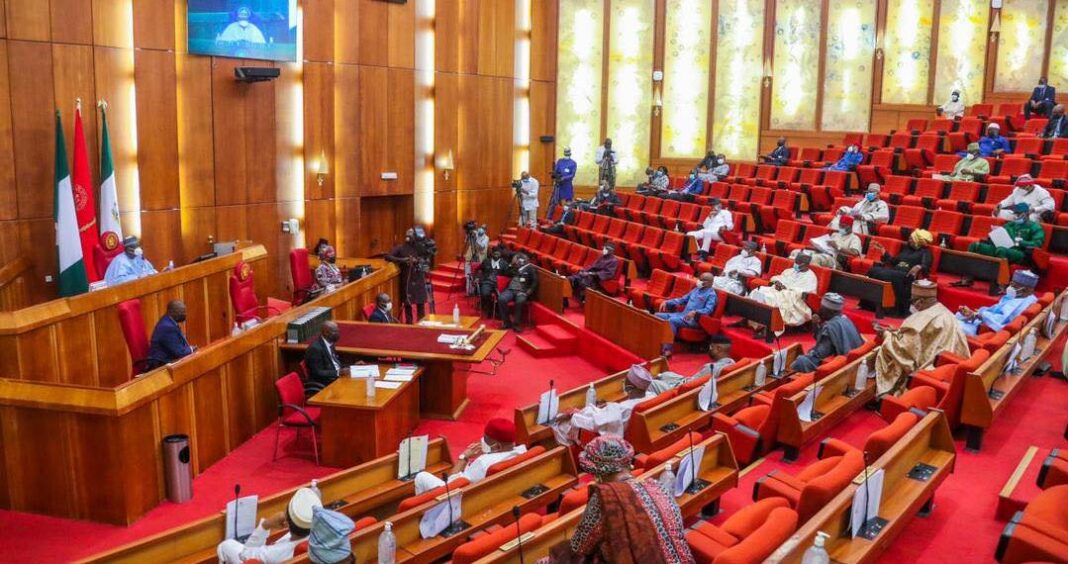By Zheng Yangyang, People’s Daily
By scanning a QR code with mobile phone, Shen Jihong, a resident in Xiaoli village, Liangma township, Anze county, Linfen city, north China’s Shanxi province, can check basic information, engagement in industries, income details, contact officials in charge of poverty elimination and other kinds of important information and government policies.
To ensure every household has access to all kinds of information and various policies, the government of Anze county has boosted connectivity of information among government departments and promoted the application of a mini program named Yi Ma Qing, which means “the QR code that provides all-rounded knowledge” in Chinese.
In recent years, many cities in Shanxi province have used such QR codes to collect information about people’s production and life and help grassroots officials better explain policies and promote the implementation of these policies. Today, such QR codes are playing a greater role in advancing rural vitalization in Shanxi province.
The essence of the QR codes is that they offer people an innovative and direct way to gain a thorough and clear understanding of information and policies.
Yanggao county, Datong city, Shanxi, attached a QR code to every piece of clean heating equipment during the replacement of coal with electricity, which specifies details about relevant policies and subsidies.
Such QR codes serve as a new and effective channel for governments to introduce policies to households and help avoid inadequate explanation of policies.
At present, China is promoting all-round rural vitalization and has set higher requirements for precise public services, which makes it particularly important to have a comprehensive and accurate understanding of the actual conditions of rural areas and update data on rural development in a timely manner.
The QR codes widely used in Shanxi also focus on scientific management and targeted measures. The QR code of Shen’s family shows information about training in tea-frying skills and rural tourism projects participated by members of the family. Such basic information serves as an important foundation for the local government to formulate targeted measures for further improving the quality of local people’s lives.
Based on the actual situation of each household, relevant government departments can provide targeted assistance for people. They strengthen guidance for households with skills to help them run business according to industry regulations and rules; organize training in special skills for farmer households with an urgent need for employment according to their age, gender, and strong point; and guarantee timely and adequate food subsidy, medical insurance, and other forms of assistance in meeting the basic needs of relatively vulnerable households, while maintaining dynamic monitoring of the situation of these households for early warning.
While providing information about rural households, these QR codes test the precision of policies and measures as well as the quality of public services, and witness improvement in governance capability and performance.
To push forward rural vitalization, officials need to keep close track of and get dynamic feedback on the development of industries and people’s income and living environment.
“Officials can gain a better understanding of rural development by leveraging data to quantify outcomes of work. More ways will be adopted to make good use of data, including generating a QR code for each village,” said a grassroots official.
It’s believed that by helping officials get a better understanding of the people and the people gain full knowledge of policies, the use of QR codes will facilitate more benign interactions between officials and rural residents.
By continuing exploring ways to leverage digital means to help with local governance and improve the quality of public services and the effectiveness of public policies, Chinese cities will embrace a brighter future of rural vitalization and generate more opportunities for increasing people’s incomes.



